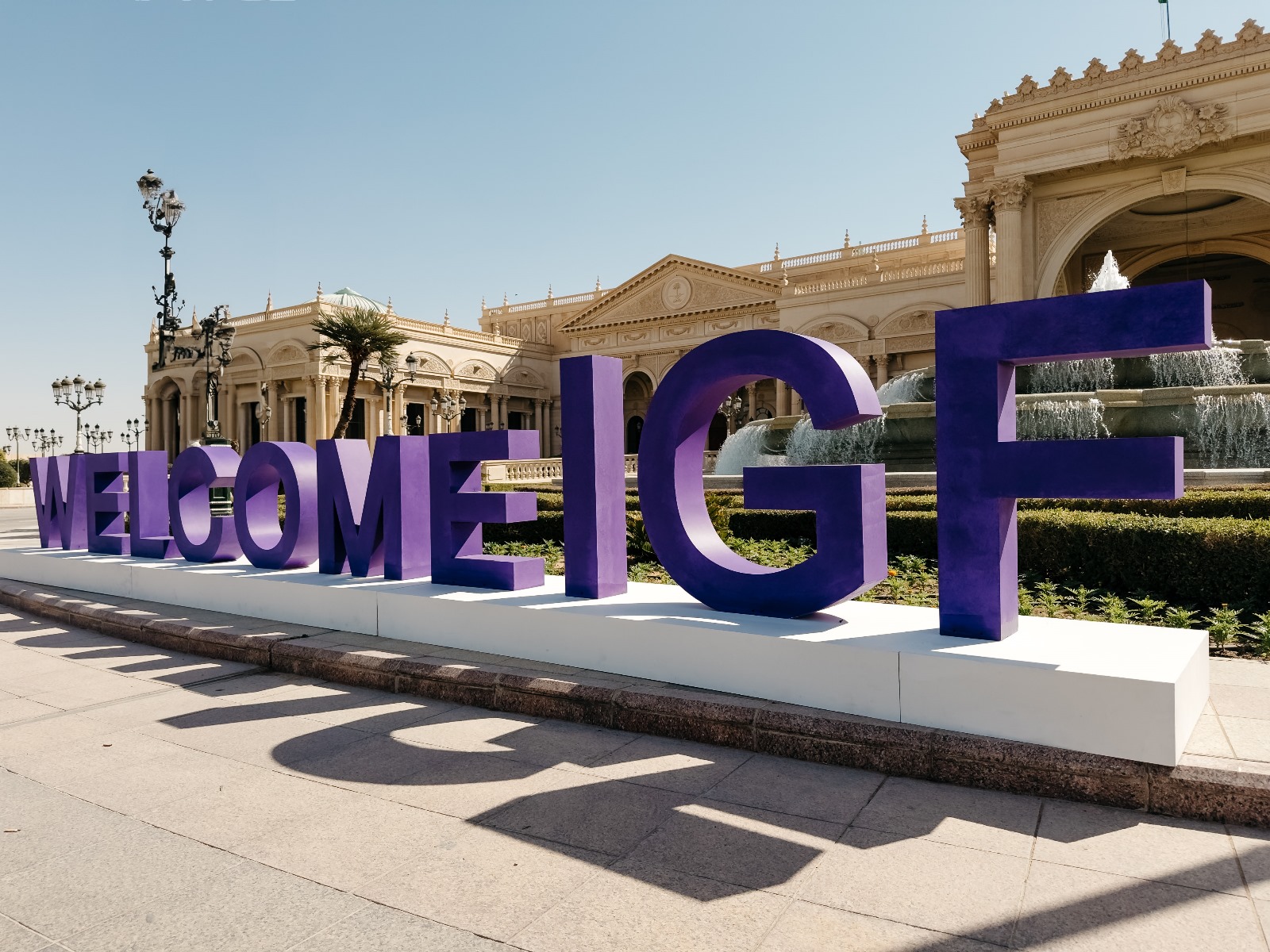The Nigerian Ministry of Communications, Innovation and Digital Economy signed a $10 million MoU with WIOCC to launch fibre-to-home internet connectivity targeting three million homes in the first phase of the project with plans to expand as the rollout progresses.
The government, led by Dr Bosun Tijani, emphasises the importance of digital technology in driving productivity and economic growth, with a goal of building a $1 trillion economy. However, balancing sustainable investment by telecom providers with affordable services for citizens remains a challenge, as highlighted by the recent approval of a tariff hike.
Currently, most Nigerians rely on mobile internet, which lacks the speed and reliability of true high-speed broadband. The fibre-to-home project seeks to address this gap, creating a more connected environment that supports individuals, businesses, and institutions. By improving internet infrastructure nationwide, the initiative aims to foster a more inclusive digital economy, ensuring that more Nigerians benefit from the opportunities offered by high-speed internet.
Why does it matter?
In the long term, the project is designed to scale up, with additional capital being raised and invested to connect more people across Nigeria. As the initiative evolves, it will re-evaluate its targets and expand its reach, ensuring that high-speed broadband becomes accessible to a larger portion of the population.
That effort aligns with the government’s vision of making connectivity a cornerstone of economic development, supporting small businesses and enabling Nigerians to stay connected both at home and on the go. Through this partnership, Nigeria is taking a critical step toward transforming its digital landscape and achieving its economic goals.









